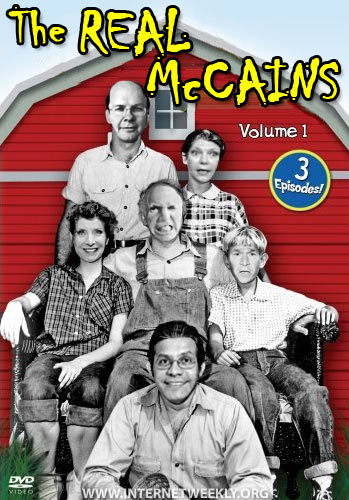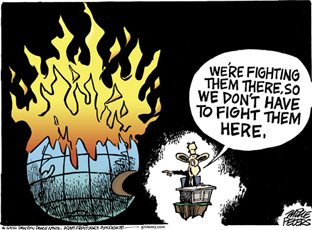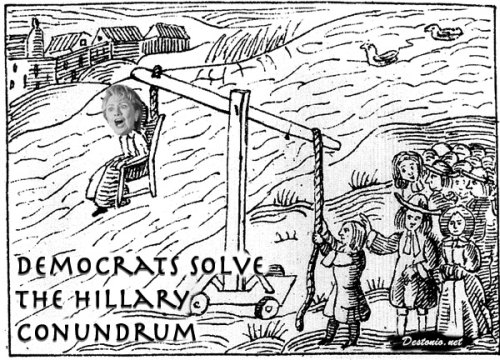
First instance:
one of the first countries in the world to adopt Christianity as an official religion (Wikipedia)Second instance:
vs.
one of the world's first nations to adopt Christianity as an official religion (McCain)
After the Russian Revolution of 1917, Georgia had a brief period of independence as a Democratic Republic (1918-1921), which was terminated by the Red Army invasion of Georgia. Georgia became part of the Soviet Union in 1922 and regained its independence in 1991. Early post-Soviet years was marked by a civil unrest and economic crisis. (Wikipedia)Third instance:
vs.
After a brief period of independence following the Russian revolution, the Red Army forced Georgia to join the Soviet Union in 1922. As the Soviet Union crumbled at the end of the Cold War, Georgia regained its independence in 1991, but its early years were marked by instability, corruption, and economic crises. (McCain)
In 2003, Shevardnadze (who won reelection in 2000) was deposed by the Rose Revolution, after Georgian opposition and international monitors asserted that the 2 November parliamentary elections were marred by fraud. The revolution was led by Mikheil Saakashvili, Zurab Zhvania and Nino Burjanadze, former members and leaders of Shavarnadze's ruling party. Mikheil Saakashvili was elected as President of Georgia in 2004. Following the Rose Revolution, a series of reforms was launched to strengthen the country's military and economic capabilities. (Wikipedia)
vs.
Following fraudulent parliamentary elections in 2003, a peaceful, democratic revolution took place, led by the U.S.-educated lawyer Mikheil Saakashvili. The Rose Revolution changed things dramatically and, following his election, President Saakashvili embarked on a series of wide-ranging and successful reforms. (McCain)
Granted the third instance isn't as close as the first two, which seem quite obviously taken from Wikipedia.
It should be noted that Wikipedia material can be freely used but always requires attribution under its terms of use. Whether a presidential candidate should base policy speeches on material from Wikipedia is another question entirely.

 AS I went on vacation at the end of July, Barack Obama was
AS I went on vacation at the end of July, Barack Obama was 

 The discovery that John McCain's remarks on Georgia were derived from Wikipedia, to put it politely, is disturbing and even depressing — but not surprising. Under the tutelage of the neoconservatives, who revealed their superficial understanding of Iraq both before and after the invasion, he favors bellicose grandstanding over strategic thinking. So why delve deeper than a quick Google search?
The discovery that John McCain's remarks on Georgia were derived from Wikipedia, to put it politely, is disturbing and even depressing — but not surprising. Under the tutelage of the neoconservatives, who revealed their superficial understanding of Iraq both before and after the invasion, he favors bellicose grandstanding over strategic thinking. So why delve deeper than a quick Google search?










